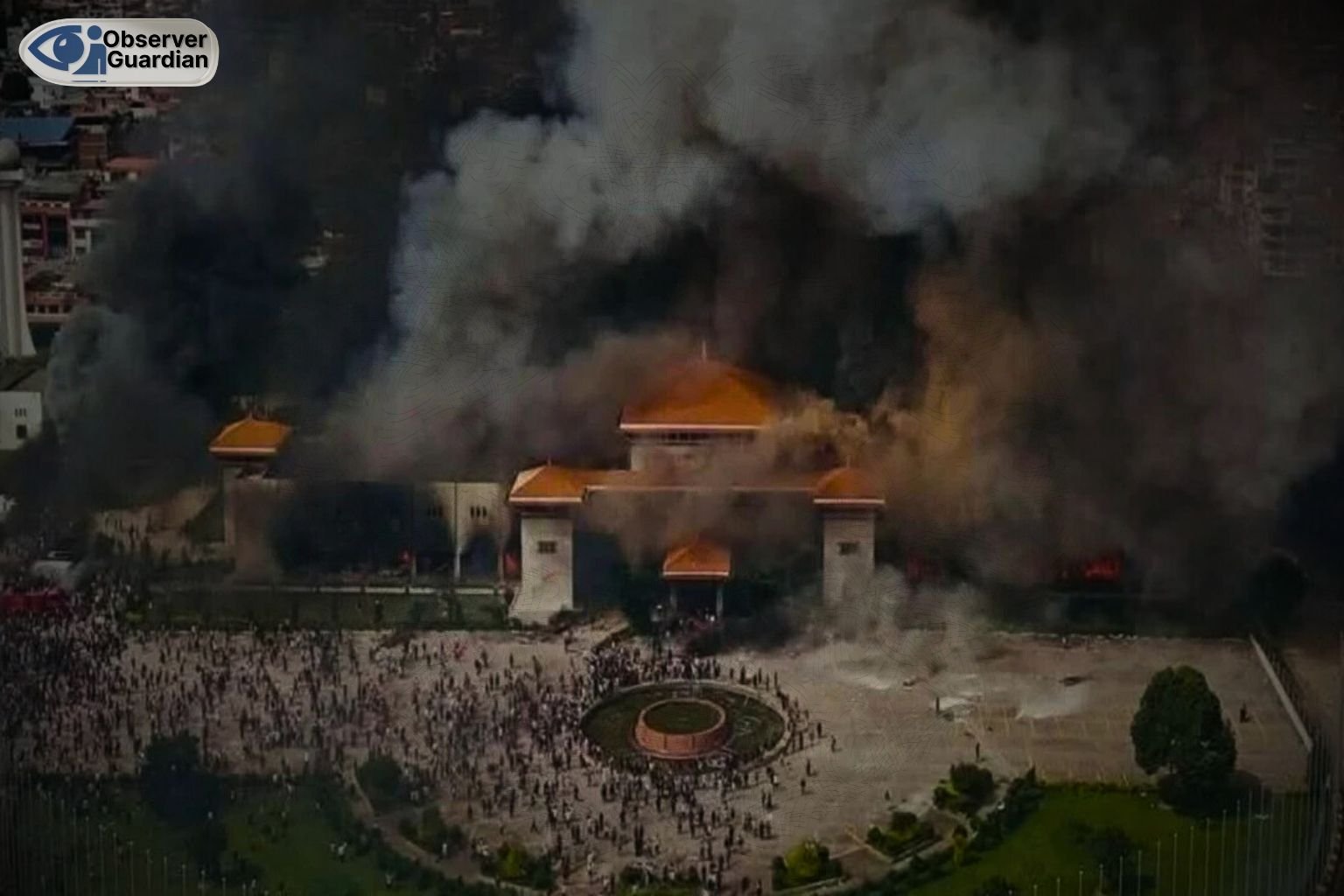In a dramatic political shift, Nepal’s Prime Minister has resigned following violent protests that have swept across the nation. Protesters, fueled by long-standing dissatisfaction with the government’s policies, targeted key government buildings, setting them on fire and demanding immediate action. This sudden turn of events has raised serious questions about the country’s governance and its future direction.
The resignation comes at a time when Nepal is grappling with numerous challenges, including a struggling economy, high unemployment, and widespread political corruption. The government’s inability to address these pressing issues has led to growing unrest, and the violence witnessed in the protests signals a breaking point for the country’s leadership. The question now remains: what lies ahead for Nepal in terms of political stability and national governance?
The Root Causes of the Unrest in Nepal
The recent protests in Nepal are not an isolated incident but rather the culmination of years of frustration among the populace. Economic hardships, such as rising inflation and unemployment, have put immense strain on ordinary citizens, while the government’s inability to address these concerns has eroded public trust. Additionally, political corruption and a lack of accountability in leadership have further fueled discontent, creating a volatile atmosphere that eventually led to these violent demonstrations.
The growing gap between the ruling elite and the common people has ignited a sense of betrayal among many, escalating the situation into widespread unrest.
Protesters Target Key Government Buildings
The protestors’ demands for political reform became evident as they took to the streets, with some groups resorting to destructive tactics. Key government buildings, including administrative offices and official residences, were targeted and set ablaze. The violence not only resulted in significant damage to public property but also disrupted normal life in the capital and beyond. Security forces were deployed to contain the situation, but the extent of the destruction signaled that the protests had gone beyond mere dissatisfaction and had become a symbol of deeper national frustration. The violent nature of the protests raised concerns about the ability of the government to maintain control and order in such a turbulent environment.
In the progress report of FY 2026, Pakistan’s Economy Gains Momentum
Prime Minister’s Resignation: A Political Turning Point
In the face of mounting pressure, Nepal’s Prime Minister chose to step down, acknowledging the public outcry and the deepening crisis. His resignation marks a significant turning point in Nepalese politics, as it represents a rare moment of accountability at the highest levels of government. The resignation has sparked varied reactions from political parties, with opposition groups calling for new leadership that can address the nation’s challenges. Internationally, the resignation has drawn attention, with observers keenly watching how Nepal navigates this crisis and whether it leads to a period of political reform or further instability.







